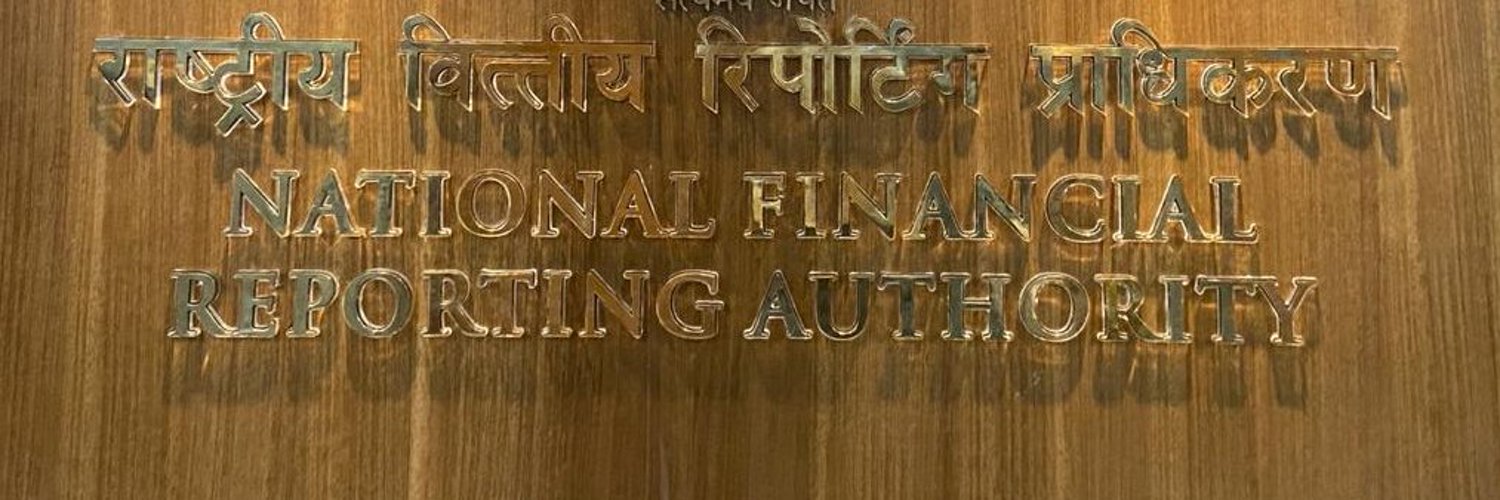NFRA Launches Auditor-Audit Committee Interaction Series with Focus on Accounting Estimates and Expected Credit Losses under Ind AS 109
This initiative seeks to enhance communication between statutory auditors and Audit Committees, reinforcing the accountability and quality of financial reporting in India.

- Country:
- India
The National Financial Reporting Authority (NFRA) has introduced the inaugural edition of its Auditor-Audit Committee Interaction Series, focusing on "Audit of Accounting Estimates and Judgments – Part 1: Expected Credit Losses (ECL) under Ind AS 109". This initiative seeks to enhance communication between statutory auditors and Audit Committees, reinforcing the accountability and quality of financial reporting in India.
The series aims to address gaps identified by NFRA during its enforcement, review, and monitoring activities. These reviews revealed a need for stronger and clearer communication channels between Statutory Auditors and those Charged With Governance (TCWG), particularly Audit Committees.
The guidance draws from:
- The Companies Act, 2013 (CA 2013).
- Relevant Standards on Auditing (SA 260 (R) and SA 265).
- Other applicable Standards on Auditing and the Standard on Quality Control (SQC).
Through this series, NFRA intends to provide structured recommendations to improve overall audit quality, protect public interest, and enhance investor confidence by promoting a deeper understanding of accounting and auditing standards.
Focus of Series 1: Expected Credit Losses under Ind AS 109
The first publication in the series centers on accounting estimates and judgments, with a particular emphasis on the Expected Credit Losses (ECL) model mandated by Ind AS 109: Financial Instruments. The communication highlights critical aspects of ECL audits, including:
- Methodologies and Assumptions – Ensuring alignment with regulatory requirements and best practices.
- Data Quality and Integrity – Evaluating the completeness and reliability of data used in ECL calculations.
- Significant Judgments – Reviewing key judgments, such as assumptions about future economic conditions and their potential impact on credit losses.
Key Questions for Audit Committees
The series includes a set of indicative questions that Audit Committees or Boards of Directors can ask auditors during their interactions. These questions are designed to foster accountability and transparency, focusing on:
- The robustness of ECL models used by companies.
- Audit methodologies for assessing credit risk and provisions.
- Compliance with Ind AS 109 requirements.
Objectives and Future Scope
The NFRA’s initiative aligns with its broader mission to:
- Promote awareness of accounting and auditing standards.
- Highlight the responsibilities of auditors and governance bodies.
- Enhance the quality of audits and financial reporting.
Future editions of the Auditor-Audit Committee Interaction Series will delve into other significant areas of accounting and auditing, continuing to provide practical insights for both auditors and governance bodies.
Additional Insights
This initiative is particularly relevant for financial institutions and other entities significantly impacted by ECL reporting requirements under Ind AS 109, such as banks and NBFCs. NFRA also encourages Audit Committees to proactively engage in ensuring rigorous oversight of audit processes, ultimately contributing to a robust financial ecosystem in India.
By fostering open communication and providing structured guidance, NFRA aims to strengthen the foundation of trust and transparency in India’s corporate governance framework.
- READ MORE ON:
- National Financial Reporting Authority










